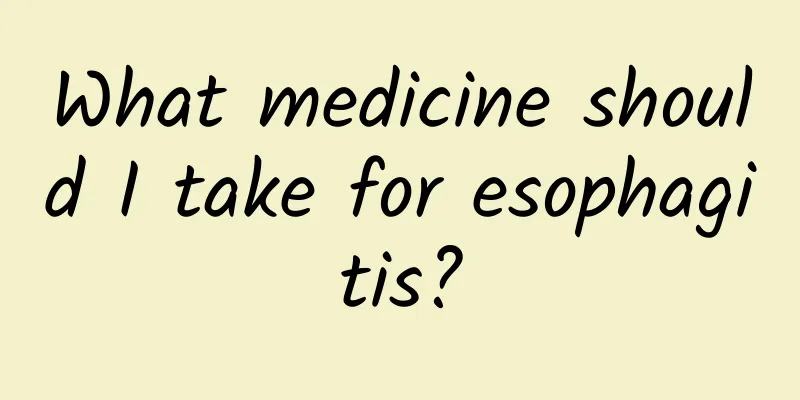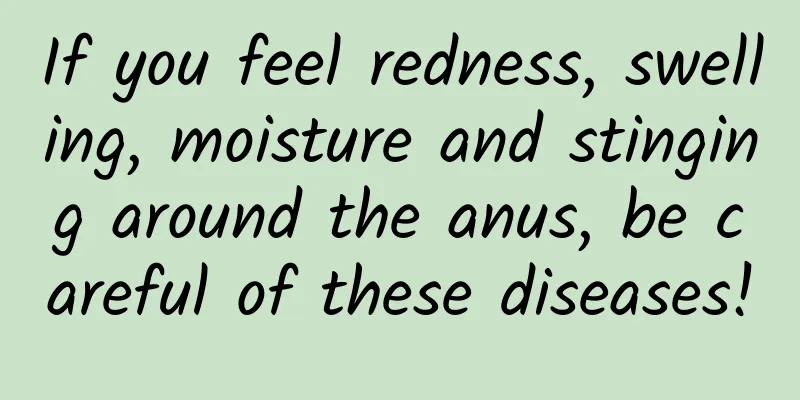What medicine should I take for esophagitis?

|
Liquid food esophagitis is what we often call the reflux of undigested food in the stomach into the esophagus of the human body. These foods contain some stomach acid that will corrode the tissue cells in the esophagus. Therefore, this disease is often accompanied by pain in the throat. At present, mainstream medicine believes that the key to treating this disease is to inhibit the stomach acid in the human body by taking drugs. 1. What medicine should be taken for reflux esophagitis ? Acid suppression therapy. GERD is fundamentally a motility disorder. Preventing the reflux of gastric contents is the key to treatment. However, to date, the efficacy of anti-reflux prokinetic drugs has been unsatisfactory. Acid suppressants can quickly relieve symptoms and cure esophagitis. Therefore, acid suppression therapy is currently the main method for treating reflux esophagitis. Conventional doses of H2-receptor antagonists (H2RA) can significantly inhibit fasting and nocturnal gastric acid secretion and relieve symptoms in most patients, but the healing rate for RE above grade C is poor. This type of drug has a weak inhibitory effect on postprandial acid secretion and has a rapid drug resistance reaction, so it is only used in patients with grade A/B esophagitis. The powerful acid-suppressing drug PPI can produce significant and lasting acid-suppressing effect, relieve symptoms quickly, and has a high healing rate for esophagitis. It can be used for all patients with reflux esophagitis. Commonly used drugs include omeprazole (40 mg/day), rabeprazole (20 mg/day), esomeprazole (40 mg/day), etc. Patients with reflux esophagitis require a PPI dose twice that of peptic ulcer treatment, with a course of at least 8-12 weeks. 2. What is reflux esophagitis ? Reflux esophagitis refers to the reflux of gastric and (or) duodenal contents into the esophagus. Gastroesophageal reflux can be divided into physiological and pathological types. Physiological gastroesophageal reflux is seen in normal people and has no clinical significance. If reflux occurs more frequently than normal people and the acidic digestive gastric juice as well as pepsin, bile and pancreatic juice cannot be cleared in time, it will cause inflammation, erosion, ulcer and fibrosis of the esophageal mucosa, which is gastroesophageal reflux disease (GERD). The symptoms of reflux esophagitis are easily confused with those of peptic ulcer and can be misdiagnosed. |
<<: Where should the fallopian tubes be smoked when treating with moxibustion?
>>: What are the effects of stone frog
Recommend
What are the symptoms and treatments of cerebral infarction?
Cerebral infarction is a disease that develops ra...
What causes pseudo-verrucosa?
Pseudo-warts are not particularly harmful to huma...
Advantages of painless colonoscopy technology
Nowadays, there are more patients suffering from ...
What are the dangers of left ovarian cyst? Is it serious?
We know that the ovaries are one of the most impo...
Acupuncture points around the navel
There are many acupuncture points on the human bo...
Causes of acne on the shoulder blade
There are many reasons for acne in the shoulder b...
Benefits of abdominal muscles for sexual function
Many men hope to have nice abdominal muscles, bec...
One side of the tonsil is swollen with ulcers and bloodshot
The phenomenon that one side of the tonsil is swo...
What are the benefits of eating loquat leaves?
The loquat fruit is a treasure from head to toe, ...
Can kidney deficiency cause high blood pressure?
In life, kidneys are very important for a man, be...
What happens if you take expired medicine?
The cold medicine at home has been stored for too...
Acute laryngeal obstruction
Acute laryngeal obstruction refers to breathing d...
What kind of laundry detergent is good for pregnant women?
When there is a new life in the belly, many pregn...
How to disinfect hand, foot and mouth disease at home_How to disinfect hand, foot and mouth disease at home
Nowadays, many parents are particularly worried t...
What are the benefits of applying aloe vera on the face?
Aloe vera is a plant that is grown in many famili...









